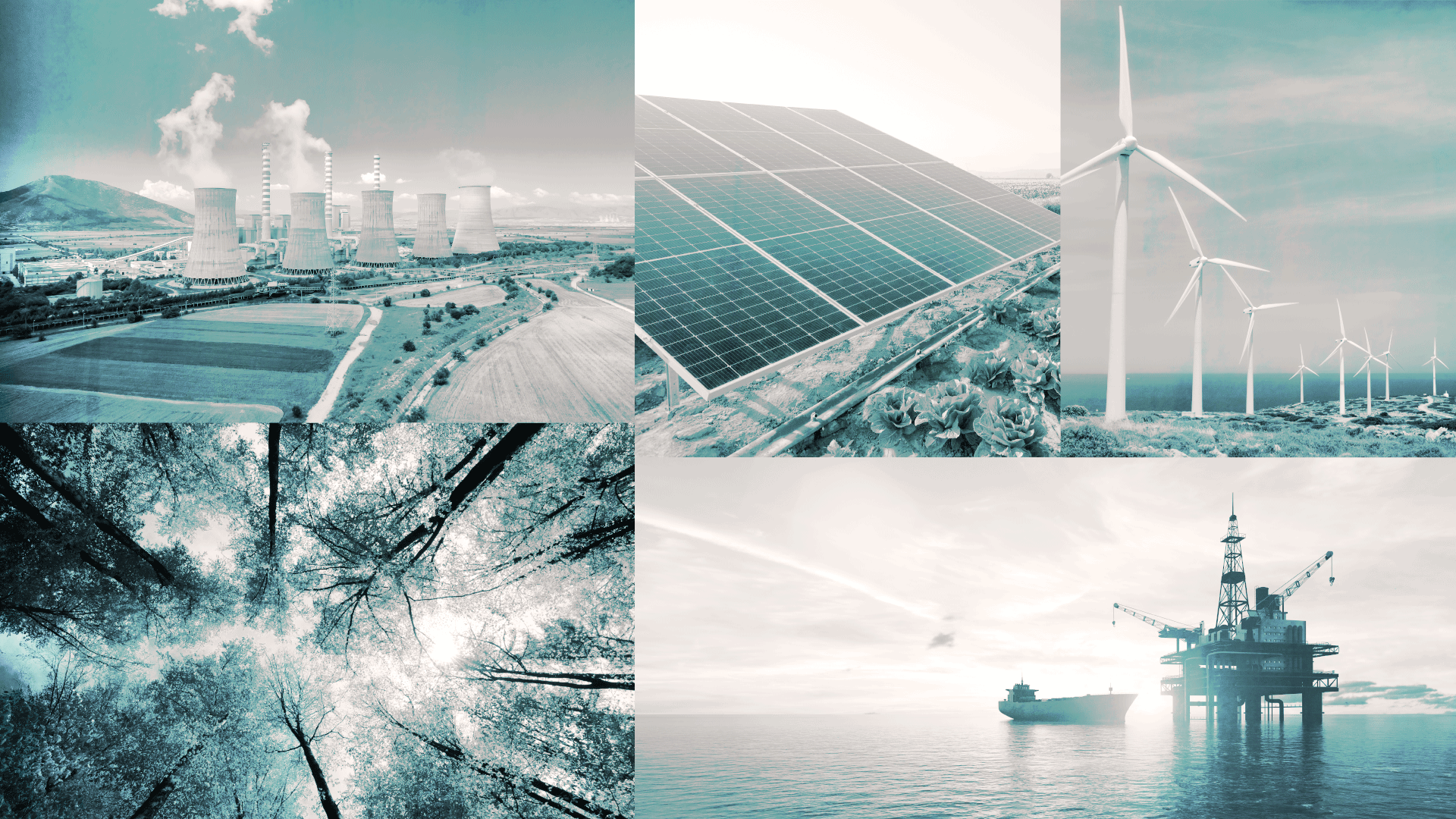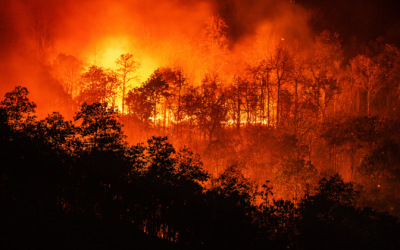
Political discourse around the climate crisis in Greece: focus points, contradictions, differentiations, shortcomings
As an acknowledgement of the fact that the 2023 parliamentary election will definitely play a crucial role in Greece’s ability to adequately address the challenges posed by the climate crisis, at Eteron we decided to focus on this issue through a new project called “Climate crisis and elections”. For 50 days we recorded, as thoroughly as possible, all the statements regarding the climate crisis by candidates and members of the 6 political parties that had elected PMs in the previous parliament.
From 23/04/23 to 13/06/23, we recorded 450 statements. The most popular subjects were Renewable Energy Sources (139) and energy poverty (118), followed by environmental protection (80), fossil fuel drilling (51), lignite phase out (45), energy efficiency (42), fossil gas (35), energy communities (31) and electromobility (29).
Although the above-mentioned statements should not be approached as an exhaustive registry of the political discourse on the climate and the environment during the 2023 elections, they can definitely help the reader draw critical, both quantitative as well as qualitative, conclusions.
How concerned were the candidates about the climate crisis? Did the discourse cover all the relevant issues equally or not? Which proposals were more elaborate and which not as much? Does the political discourse regarding the climate and the environment have geographic particularities and if so, what are they?
Last but not least, does the political discourse on the climate crisis facilitate the need for democratic procedures based on transparency and substanciated views and proposals, therefore providing society with the opportunity to take well-informed and crucial decisions?
In an effort to answer such intricate questions the current analysis draws some initial, yet significant conclusions:
- While the political discourse -during the 50 days that we monitored statements closely- included all the major topics that are relevant to the climate crisis, it still focused strongly on topics that have been on the political parties’ agendas for at least two decades (RES is the most characteristic example) and on topics that have come to the fore in the recent period due to the energy crisis (e.g. energy poverty). By contrast, topics such as electromobility and energy efficiency, which will inevitably be of increasing concern to society in the coming years, were addressed significantly less, with the majority of the relevant statements remaining at a relatively superficial level.
- Even when it comes to topics and sectors where the relevant political discourse and subsequent proposals are more developed, on many occasions, statements are merely a simple listing of proposed measures, which only partly address ways to achieve the desired actions. Without a relevant comprehensive plan, they can’t provide the public with a more thorough understanding of what is being proposed. Said statements/measures can therefore only be assessed as indications of the strategic orientation and the political values of each candidate, but what’s available does not provide us with the necessary tools that would allow us to scrutinise the measures’ applicability and their ability to bring about the changes they promise.
- When it comes to RES, Nea Dimokratia, SYRIZA-PA and PASOK seem to agree on which step should be the main priority in the coming period: the grid’s expansion. However, the three parties have significantly different strategic frameworks for their respective proposals. Nea Dimokratia sees RES as a development and investment pillar, with no differentiation between large and smaller projects, while SYRIZA-PA and PASOK place more emphasis on their socially just development, with the former highlighting the central role that energy communities could have and the latter showing more interest in the participation of producers (farmers/ livestock ranchers) in the green transition. The KKE also focuses mainly on the issue’s social dimension, but suggests a total reversal of the present system in order to serve the real needs of the people. MeRA25, on the other hand, approaches the matter from a significantly different perspective, advocating the cessation of using onshore wind farms in order to protect the natural environment, and the development, instead, of offshore wind farms. All the left-wing parties have made a number of statements regarding the impact of wind farms and solar panels in specific areas.
- Nea Dimokratia, PASOK, KKE and Elliniki Lisi are in favour of fossil fuels’ drilling in Greece, SYRIZA-PA has a rather ambiguous and contradictory position on that matter, while MeRA25 is the only party that is openly against this practice. Nea Dimokratia’s stance is mainly due to geostrategic and economic reasons, the KKE justify theirs by arguing that such exploitation can only be done without minimal environmental impact if there’s a central planning that serves the needs of the people, while PASOK’s statements seem rather awkward as they don’t contain any arguments in favour of this particular practice, but rather stress the party’s more environmentally friendly position on fossil gas. The same awkwardness is apparent in SYRIZA’s statements, which however, contain some essential contradictions. On the one hand, there are statements by A.Tsipras and S.Famellos, in which they state that SYRIZA-PA will not stop mining procedures in case deposits are found, and on the other hand, there are other statements, this time by the party’s parliamentary candidates in Epirus and the Ionian Islands, who oppose such a prospect.
- Fossil gas, for ND, is clearly a transition fuel until 2050 – a strategy that is obviously linked to the changes in the European region’s energy map due to the EU’s efforts to wean itself off Russian gas, a position that largely coincides with that of Elliniki Lisi. On the other hand, more contradiction is to be found in SYRIZA-PA’s position on the matter, as most of its candidates’ statements mention the prospect of a decarbonisation of the economy the significant impact that the new LNG plants would have (concerns shared by the MeRA25 candidates), while A.Tsipras seems to be in favour of the new facilities. The KKE’s position on fossil gas differs from that on drillings within the Greek territory, forming a clear dividing line between expensive imported fossil gas and Greek fossil gas that’d be under the people’s control.
- In the statements of the candidates and party officials of Nea Dimokratia there is no substantial reference to the issues of socially just development of RES, energy communities, energy democracy and energy poverty.
- On the issue of lignite phase out, SYRIZA-PA and PASOK seem to be on the same page, both in terms of the proposals they put forward as well as on the level of their concern, both describing the way in which it was done as “violent”. The rest of the parties have shown considerably less interest in this matter.
- Most proposed measures concern the broader issue of environmental protection – a fact which suggests that each individual issue (such as forest management, wildlife protection, civil protection and flood prevention) that falls under this umbrella should not be addressed on its own. However, it is worth noting that the statements by Nea Dimokratia’s cadres mostly contain proposals regarding forest protection, possibly in response to the major fires of recent years, while they also made four statements on sustainable tourism development. In contrast, SYRIZA focuses on proposals that have more to do with the protection of wildlife, yet without overlooking issues related to the protection of forests from fires. Both parties highlight the need for better planning and organisation of the relevant processes.




